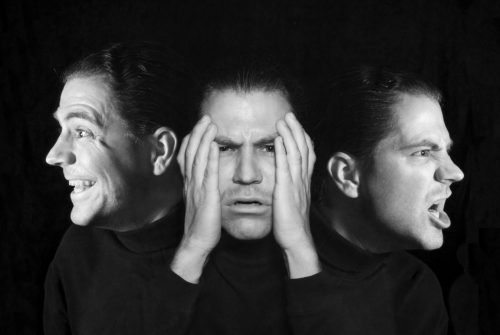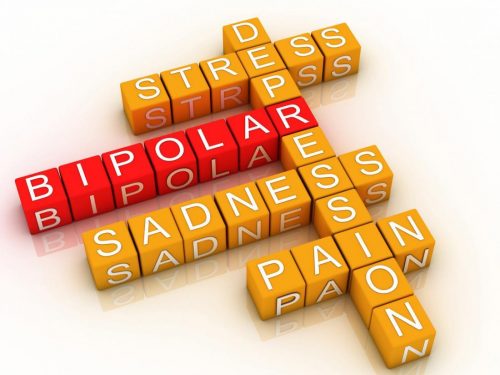One of the most common disorders known among kids and young adolescents is bipolar disorder. It is also known as manic-depressive illness. This brain disorder can identify through unstable moods, shifts in energy levels and the inability to perform daily activities. Dealing with someone who suffers from this disorder can be challenging. In this article, we are going to list down some of the important things you need to know about bipolar disorder.
“When it comes to successfully treating a mental health disorder, it’s important that you have the correct diagnosis—which is easier said than done.” – Kathleen Cairns, PsyD

Source: medicalnewstoday.com
Signs And Symptoms
Individuals who suffer from bipolar disorder are highly sensitive. They can be short-tempered or emotional. According to experts, these are some of the symptoms of people who deal with this kind of mental health problem:
- Feeling extra high or happy
- Experiencing extreme sadness
- Constant mood swings
- Developing unrealistic beliefs
- Gets easily irritated and makes other people feel uncomfortable
- Talking so fast to the point that others can get lost in the conversation
- Having hallucinations or delusions
- Energetic all the time despite lack of sleep
“People living with bipolar disorder experience their own unique set of symptoms and mood fluctuations,” said Colleen King, LMFT.
Treatment For Bipolar Disorder

Source: elithiumchronicles.org
Manic-depressive illness is a severe brain disorder that requires medical attention as soon as possible. When this mental illness is not dealt with right away, there is a high possibility that it can get worse. This may also lead to the development of significant problems in your relationships with other people.
- It requires long-term treatment. Take note that bipolar disorder is a relapsing or chronic illness. Having a chronic illness means that even if you are already feeling better, it is still essential to continue the treatment. Undergoing continuous treatment ensures that the disorder will not come back.
- The treatment is more important than the medication. The intake of proper medicine can help in the fast recovery of the person suffering from the disorder. However, it must come with therapy or a lifestyle change. Medications alone are not sufficient to help you deal with the problem.
- Talk to a psychiatrist. Try to talk about how the bipolar disorder affects your life. The psychiatrist is an expert in dealing with this kind of brain disorder. Just make sure, to be honest with all the information that you will provide.

Source: nad.org
“It takes longer to be diagnosed with bipolar II because the lack of the signature extreme mania makes it difficult.” – Sally Winston, PsyD
- Find a support group. There are also other people who are going through the same experiences as you are. Find these people and connect with them. Encourage them to join a support group where each of you will share weekly stories of frustration and hope.
- Become more physically active. Fight bipolar disorder by regularly exercising. As we all know by know, exercise can help improve one’s mental health. With constant physical activities, you will soon overcome manic-depressive illness.
- Ask support from friends and loved ones. Find an opportunity to reach out to the people who matter in your life. Try to establish a deeper connection with them.
“Depression and addiction often go hand in hand, but which came first is not always clear,” said Romas Buivydas, PhD, LHMC
There is no shame in finding out that you have bipolar disorder. Many available treatments or products in the market can help you solve this problem. As already mentioned above, the treatment must be long lasting to eliminate this disorder.





